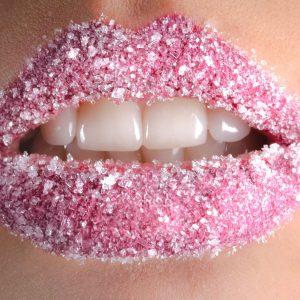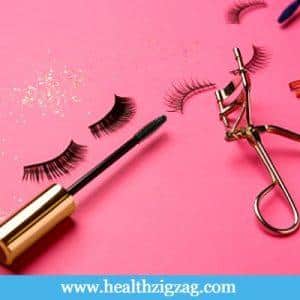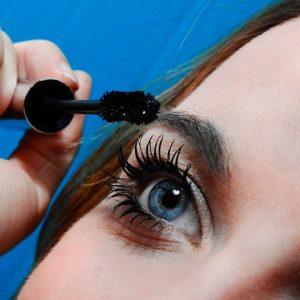
Creolin for hair: is it good or bad?
Creolin is a controversial product that has become popular as an effective remedy to prevent hair loss and make it grow stronger and healthier. However, and as with all miracle products that offer results quickly, it has a dubious effect, because hair creolin has as many admirers as detractors.
To clear all your doubts, in the following article in Healthzigzag we explain everything you should know about creolin for hair. Is it good or bad? Is it a toxic product? What other options are there? Keep reading!
Creolin for hair: what it is and what it is for
Creolin is a very powerful disinfecting product that is extracted from the dry distillation of wood. The turpentine essence is produced from the vapors of the distillation. Due to its properties and potency, its regular use is intended for cleaning and disinfecting the home. As it is very effective in treating pests such as fleas and bedbugs.
Creolin is considered one of the most powerful disinfectants on the market. As it is not only used in homes but also in hospitals and sports centers. Where deep disinfection is necessary. However, many have long defended the use of creolin for hair, as they claim that it strengthens hair and stimulates its growth. But, is that true? How is creolin used for hair? What are the advantages and disadvantages of creolin for hair?
Is creolin toxic?
Yes, hair creolin can be toxic and irritating. Which is why it is a product that you must use with great care. Besides, it should be noted that there are no scientific studies that show that this product works for hair growth.
Advocates of creolin ensure that two drops in your regular shampoo are the perfect amount to see results. As long as it’s not used more than twice a week. However, from Healthzigzag we want to emphasize that creolin is not made for use in humans. Therefore, can cause serious irritations (especially to those with sensitive skin).
Also, due to its high toxicity and its powerful action, creolin cannot be used by pregnant women. Since it is an abrasive product that could cause bad development in the baby.
Creolin hair treatment
As we have already advanced, from Healthzigzag we recommend not using creolin in a homemade way with its formulations and mixtures. If you want to use a creolin shampoo, it is best to buy a hair cosmetic that has passed quality control and includes an amount of this substance that is acceptable for topical use. To know how creolin is used for hair, you just have to follow the instructions of the regulated product you buy. Keep in mind that the choline shampoos that are sold in the market have very small amounts of this substance and have been previously tested, so they are completely safe.
Now, if you have a hair loss problem and need to strengthen your scalp. We recommend a series of specific alternatives to creolin to combat hair loss.
Biotin shampoo
Biotin, or vitamin B8, is known as the vitamin for the skin, hair, and nails. These shampoos are especially recommended in cases of hair loss due to a vitamin B8 deficiency. In these cases, biotin gives your hair the nutrients it needs to stop the fall and your hair to grow back strong and healthy.
The components of biotin shampoo manage to improve the health of hair follicles and the hair bulb, resulting in strong, shiny, and more manageable hair. It also helps reduce frizz and prevent frizz.
Flaxseed oil
Flaxseed oil, or any shampoo that contains this ingredient, is also an excellent ally against hair loss problems. Flax is high in omega3 fatty acids, antioxidants, and vitamin E, so it cares for, hydrates and strengthens the hair.
Rosemary infusion

Rosemary can activate the circulation of the scalp, so it is highly recommended in cases of hair loss. The rosemary infusion is high in magnesium, zinc, phosphorus, and vitamins A, B2, B6, and C.
To take full advantage of all the properties, it is necessary to make the infusion directly with the rosemary plant, so you will need:
- 45 grams of rosemary leaves
- 400 milliliters of water
- A small pot
The preparation is made as follows:
- Bring water to a boil.
- Once brought to a boil, turn off the heat and add the rosemary leaves. You must turn it off before adding the leaves since the plant should not boil.
- Cover the liquid with a cloth and let it rest.
- Finally, strain the liquid.
- Pour the infusion into a spray bottle and spray the liquid onto the scalp.
- Massage gently with your fingertips to stimulate and activate circulation.
- Let the product dry. No need to wash or rinse, just allow to air dry.
- Repeat the operation twice a day for at least two months.




